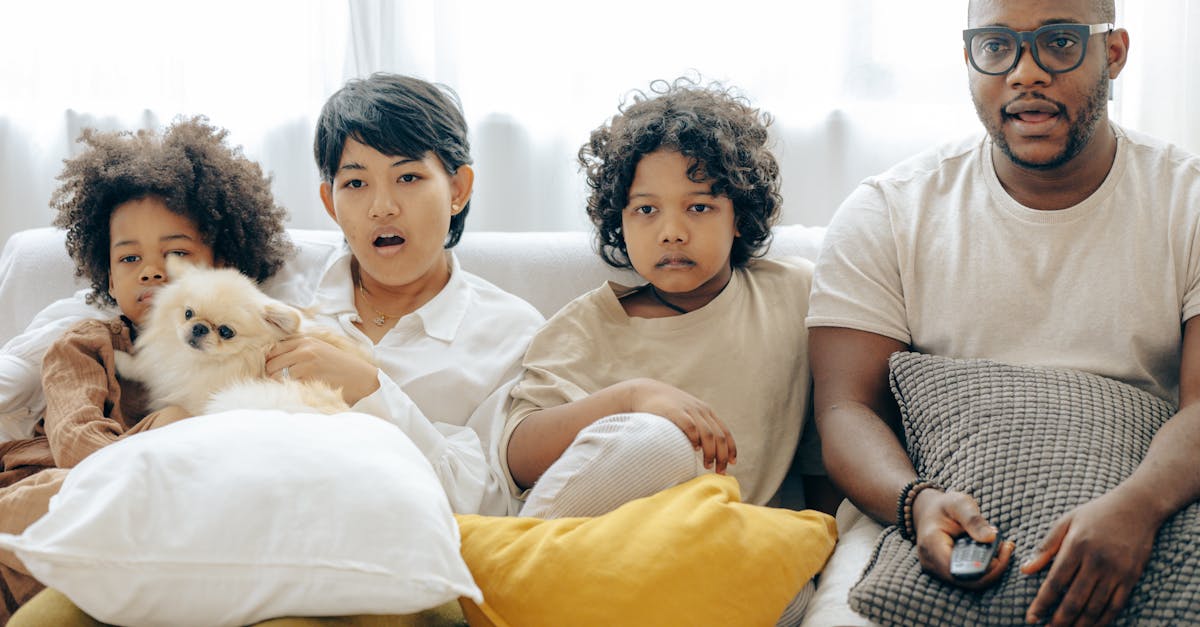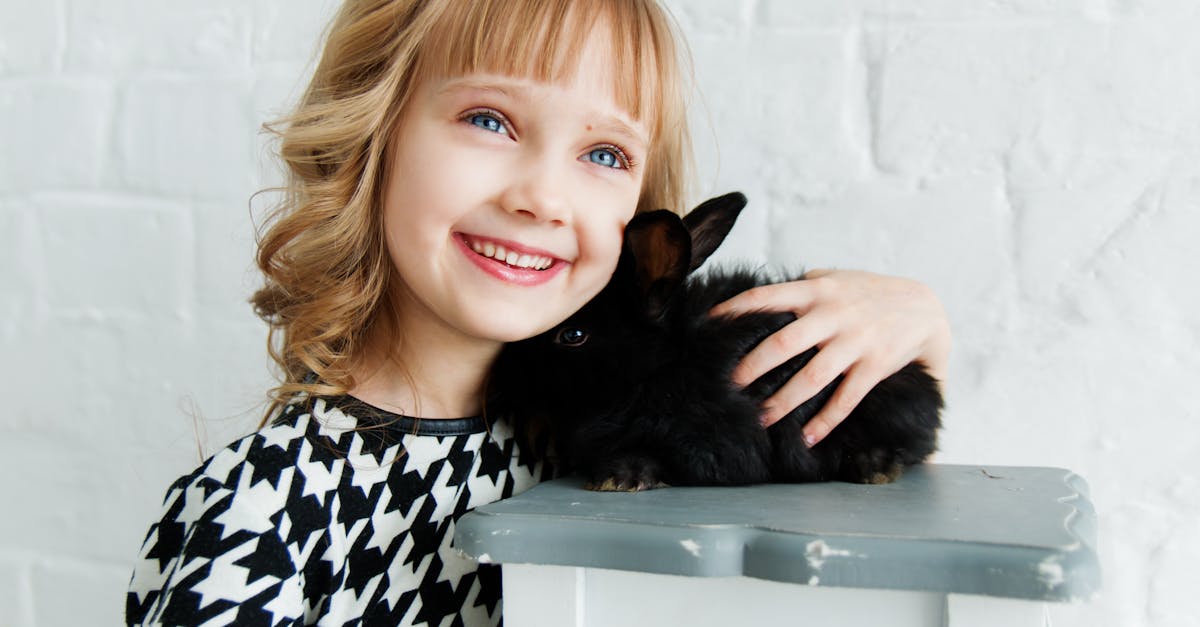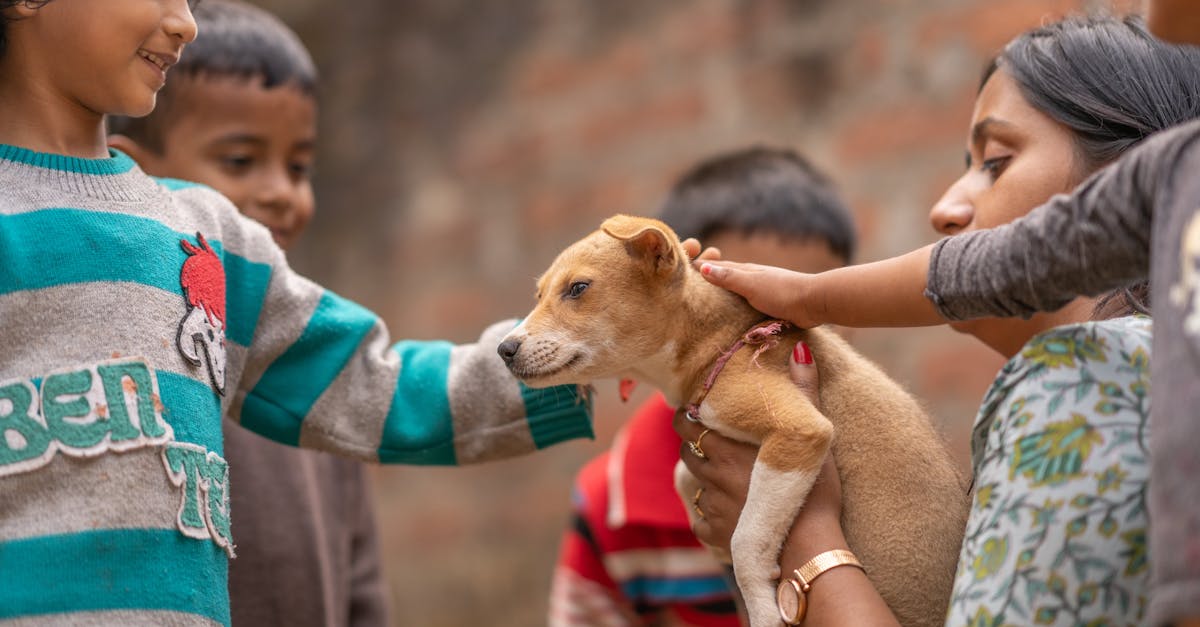A Journey to Find the Perfect Pet
Have you ever found yourself pondering over which pet would be ideal for your child? I certainly have. As someone who’s always been surrounded by animals, I’ve often thought about the perfect match for a child’s first pet. Interestingly enough, the journey to find that perfect companion is filled with joy, surprises, and a fair share of laughter. So, let’s dive into this delightful quest together!
The Importance of Choosing the Right Pet

Before we get into the nitty-gritty, let’s address why this decision is so significant. From my point of view, a pet is more than just an animal; it’s a friend, a teacher, and sometimes even a therapist. The right pet can teach your child responsibility, empathy, and the joy of companionship. On the flip side, the wrong pet can lead to stress and disappointment. So, it’s clear that making an informed choice is crucial.
The Usual Suspects: Dogs and Cats
Dogs: The Loyal Companions

If you’re like me, you’ve probably grown up hearing that dogs are man’s best friend. And it’s true! Dogs are incredibly loyal, loving, and protective. They’re great for active families and can be wonderful for teaching children about responsibility. However, they do require a lot of attention and care.
Here’s a funny thing: I once read a study that said owning a dog can lower your stress levels. I’d never have guessed that playing fetch could be so therapeutic!
Pros of Owning a Dog:
- Unconditional love and loyalty
- Encourages physical activity
- Teaches responsibility
Cons of Owning a Dog:
- Requires daily exercise
- Can be expensive (vet bills, food, etc.)
- Needs constant attention
Cats: The Independent Friends

On the other hand, cats are known for their independence. If your family has a busy lifestyle, a cat might be the perfect fit. They’re low-maintenance, clean, and can be incredibly affectionate. Interestingly enough, I’ve noticed that cats have a way of knowing when you need comfort the most.
Pros of Owning a Cat:
- Low maintenance
- Affectionate yet independent
- Great for smaller living spaces
Cons of Owning a Cat:
- Can be aloof
- Litter box maintenance
- Potential for scratching furniture
The Unexpected Contenders
Birds: The Melodious Companions

Birds might not be the first animal that comes to mind, but they can be delightful pets. I’ve come to realize that birds like parrots and canaries can be incredibly interactive and even learn to mimic sounds and words. You’d be surprised at how much joy a little chirping can bring to a household.
Pros of Owning a Bird:
- Interactive and can mimic sounds
- Low space requirements
- Long lifespan for some species
Cons of Owning a Bird:
- Can be noisy
- Requires a clean cage
- Some species need social interaction
Fish: The Serene Companions

If your child is fascinated by the underwater world, fish can be a great option. Aquariums can be mesmerizing and provide a sense of calm. From what I’ve seen, they’re also a fantastic way to teach children about ecosystems and the importance of a clean environment.
Pros of Owning Fish:
- Low maintenance
- Serene and calming
- Educational
Cons of Owning Fish:
- Limited interaction
- Tank maintenance
- Short lifespan for some species
The Quirky Choices
Hamsters and Guinea Pigs: The Pocket-Sized Friends

I can’t help but think that small pets like hamsters and guinea pigs are often overlooked. These little furballs are incredibly cute and can be great for younger children. I’ve learned that they’re relatively easy to care for and can provide endless entertainment with their playful antics.
Pros of Owning a Hamster or Guinea Pig:
- Easy to care for
- Great for small spaces
- Playful and entertaining
Cons of Owning a Hamster or Guinea Pig:
- Short lifespan
- Needs a clean cage
- Can be fragile
Reptiles: The Cool Companions

If your child has a fascination with the unusual, reptiles like turtles, lizards, or snakes might be the perfect fit. This might sound strange, but reptiles can be incredibly captivating and educational. They require specific care, but the reward is a unique and fascinating pet.
Pros of Owning a Reptile:
- Unique and educational
- Low maintenance
- Long lifespan for some species
Cons of Owning a Reptile:
- Specific care requirements
- Limited interaction
- Can be expensive to set up
Matching Pets with Personalities
The Energetic Child

If your child is bursting with energy, a dog might be the perfect companion. Dogs love to play and run, matching your child’s enthusiasm stride for stride. I’ve noticed that energetic children often form the strongest bonds with their canine companions. It’s safe to say that the mutual need for activity creates a special connection.
The Quiet Thinker

For the child who enjoys quiet time and contemplation, a cat or a fish might be more suitable. Cats provide companionship without demanding constant attention, and fish offer a serene presence. I can’t forget the time I spent hours watching my goldfish swim, completely lost in thought.
The Curious Explorer

If your child is endlessly curious and loves learning, consider a bird or a reptile. Birds can be taught tricks and even words, while reptiles offer a glimpse into a different world. It hit me that these pets can turn your home into a mini classroom, sparking endless curiosity.
Practical Considerations
Space and Environment
One thing I’ve learned is that the amount of space you have can significantly influence your pet choice. If you live in a small apartment, a large dog might not be practical. Conversely, a cat or a small pet like a hamster could fit perfectly.
Time and Commitment
You might have experienced this: the initial excitement of getting a pet, followed by the realization of the time and effort required. It’s important to consider how much time your family can realistically dedicate to a pet. Dogs require daily walks and interaction, while fish or reptiles might need less frequent attention.
Allergies and Health
Interestingly enough, some pets are hypoallergenic and can be a good choice for families with allergies. From my point of view, it’s always best to check for any potential allergies before bringing a new pet home. You won’t believe how many families have had to rehome pets due to unexpected allergic reactions.
The Final Decision
A Family Affair

The truth is, choosing a pet should be a family decision. Everyone should be involved in the process, from researching different pets to visiting shelters or pet stores. This not only ensures that everyone is on board but also makes the experience more enjoyable and educational.
Trial Runs and Foster Care

If you’re unsure about committing to a pet, consider fostering. Many shelters offer foster programmes that allow you to care for a pet temporarily. This might sound strange, but fostering can give you a real sense of what it’s like to have that pet in your home without the long-term commitment.
The Joy of Adoption

If I had to guess, I’d say that adopting a pet from a shelter is one of the most rewarding experiences. There are so many animals in need of loving homes, and adopting can bring immense joy to both the pet and your family. It goes to show that sometimes, the best things in life are those that we give a second chance to.
Wrapping Up the Journey
Now that I think about it, the journey to find the perfect pet is as enriching as the companionship that follows. It’s not just about choosing an animal; it’s about finding a new family member who will bring joy, teach valuable lessons, and create lasting memories.
So, what’s the next step? If you’re like me, you’re probably eager to start researching and visiting potential pets. Remember, the perfect pet is out there waiting for you and your child. And when you find them, you’ll know it was meant to be.
Happy pet hunting! 🐾
I hope this guide has been helpful in your quest to find the perfect pet for your child. If you have any stories or experiences to share, I’d love to hear them in the comments below. Let’s make this a community where we can all learn and grow together.





